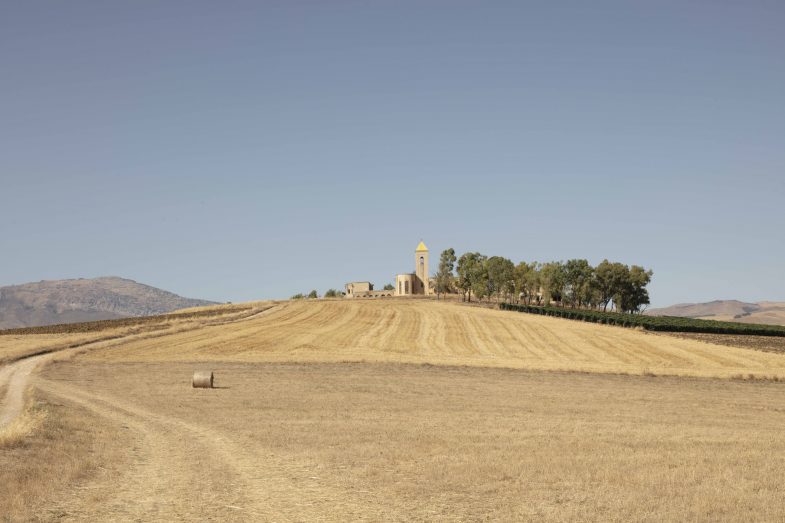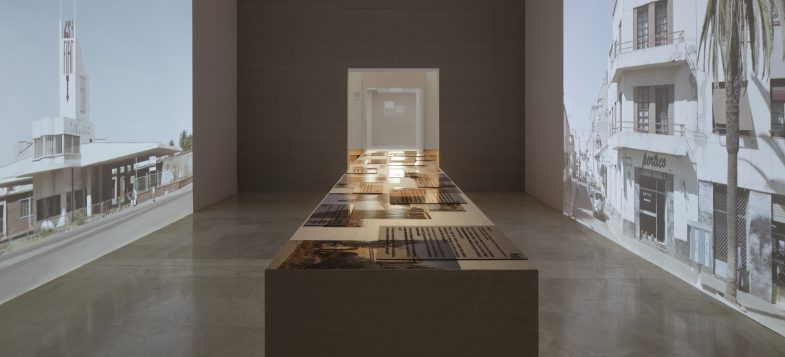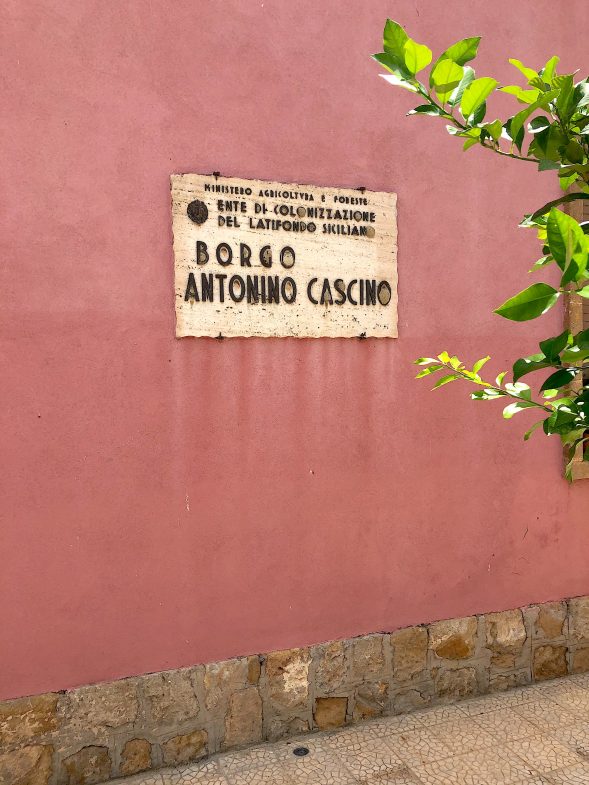In 1940, the Fascist regime established the “Entity of Colonization of Sicilian Latifundia / Ente di Colonizzazione del Latifondo Siciliano” following the model of the “Entity of Colonization of Libya” and colonial architecture in Eritrea and Ethiopia. These territories were considered by the regime “empty,” “underdeveloped,” and “backward” and therefore in need to be “reclaimed,” “modernized,” and “repopulated.” For this purpose, the “Entity of Colonization” inaugurated in Sicily eight new rural towns and as many remained unfinished. Today most of these villages have fallen into ruin.
However, what does not seem to be in ruin in Italy is the persistence of colonial and fascist rhetoric, culture, and politics. Despite the fall of fascism following the Second World War, Italy’s de-fascistization remains an unfortunately unfinished process. This is one of the reasons why Italy still has visible architectures, monuments, plaques, and toponymy that celebrate the fascist regime. Furthermore, Italy – having lost its colonies during the Second World War – has never embarked on a real process of decolonization.
In 2017, the nomination of Asmara, the capital of Eritrea, as a UNESCO World Heritage Site for its fascist and colonial architecture built during the period of Italian occupation, posed a series of fundamental questions for both the ex-colonized and the ex- colonizers: who has the right to preserve, reuse and re-narrate fascist colonial architecture?
The installation presented for the 2020 Quadriennale d´arte- FUORI at Palazzo delle Esposizioni in Rome, home to the First International Colonial Art Exhibition (1931) and other propaganda exhibitions of the regime, proposes to rethink the rural towns built by the “Entity of Colonization” in Sicily starting from the nomination of Asmara as a World Heritage Site. The installation is the first intervention ”Towards a Decolonization Entity / Verso un Ente di Decolonizzazione” that will be made up of those who feel the urgency to question the broad historical, cultural and political heritage steeped in colonialism and fascism, and thus begin a common path towards new practices of decolonization and reparation.
VERSO UN ENTE DI DECOLONIZZAZIONE, 2020
A project by Sandi Hilal e Alessandro Petti (DAAR)
Photographic dossier: Luca Capuano
Installation: Video projections, photographs and plexiglass
Research and texts: Emilio Distretti, Husam Abu Salem
Graphic design: Diego Segatto, Rosanna Lama
QUADRIENNALE D’ARTE 2020 | FUORI
Palazzo delle Esposizioni, Roma
30 October 2020 > 17 January 2021
more



